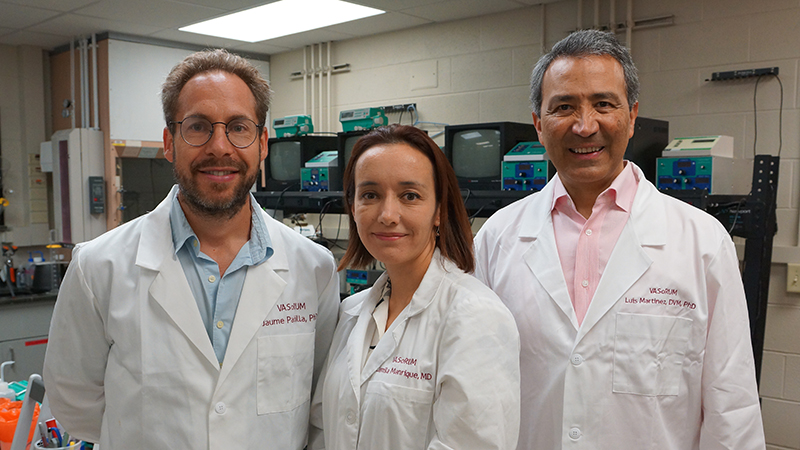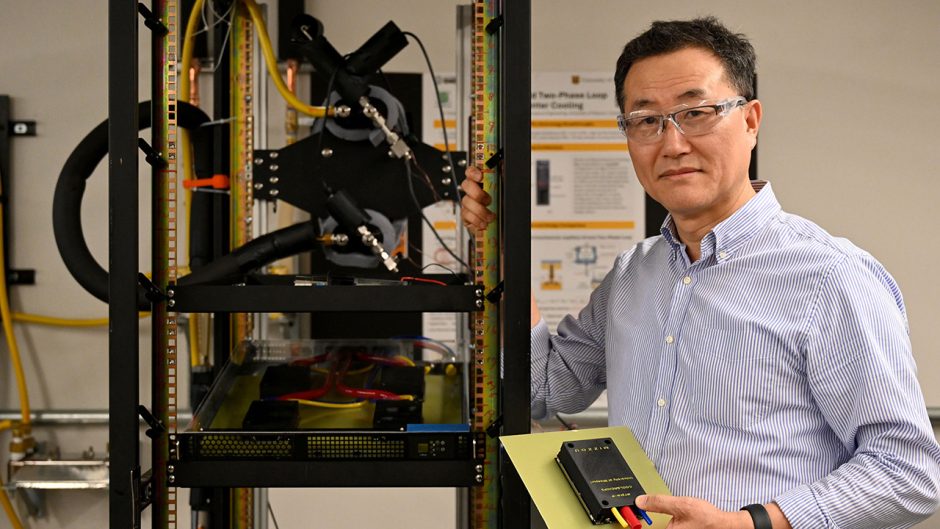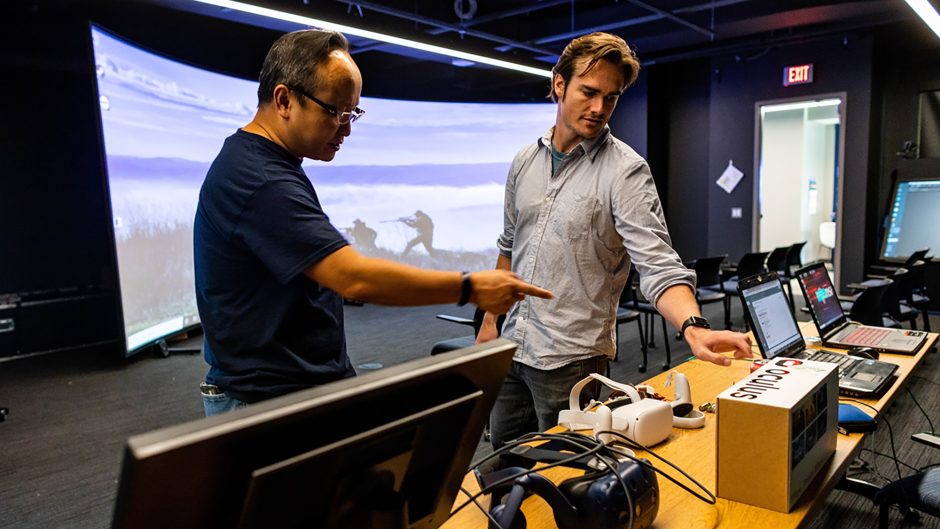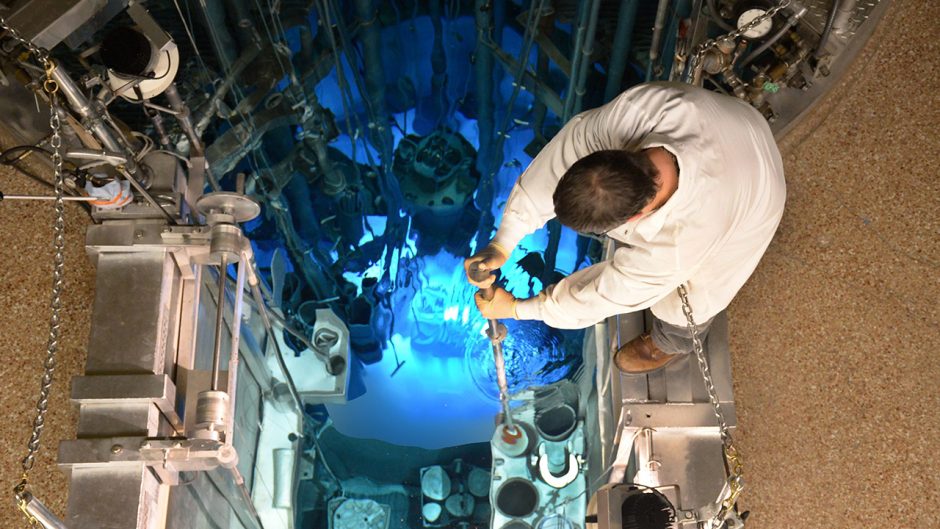
Jaume Padilla, Camila Manrique-Acevedo and Luis Martinez-Lemus.
July 30, 2021
Over the past two decades, the number of new diabetes cases has almost tripled in the U.S., and 80% of patients with Type 2 diabetes die from cardiovascular disease. A University of Missouri research team recently received two grants totaling more than $6 million from the National Institutes of Health to study how vascular disease develops in people with Type 2 diabetes.
“New interventions are needed to minimize the impact of diabetes on the vascular system,” said Camila Manrique-Acevedo, an associate professor of medicine. “We want to explore the mechanisms behind the diabetes-triggered disruptions to the cardiovascular system and test potential treatments that could translate into better outcomes for these patients.”
As part of the first grant, Manrique-Acevedo, along with MU researchers Luis Martinez-Lemus and Juame Padilla, will test the ability of the plant-based supplement phosphatidylserine to inhibit an enzyme known as ADAM17, which disrupts normal blood vessel function. The second grant will fund research that targets the enzyme neuraminidase, which disrupts cell structures in the vessels that sense blood flow.
Manrique-Acevedo, Martinez-Lemus and Padilla are among the first wave of researchers who will move into the NextGen Precision Health building, which is scheduled to open in October. The NextGen Precision Health initiative is the highest priority of MU and its partners across the UM System, MU Health Care and MU Extension, bringing together researchers from across the University of Missouri’s four campuses, along with clinicians and industry leaders in a state-of-the-art facility. The initiative aims to foster team science and shorten the nearly two-decade journey it takes for research findings to change clinical practice.
“Both of those projects have a basic science component and a clinical trial component, nicely suiting the mission of NextGen,” Padilla said. “We are excited to capitalize on the fantastic infrastructure and resources available at NexGen. We envision the move to NextGen will expand the scope of our collaborative and translational work and catapult our team toward making new discoveries to ultimately prevent and treat cardiovascular disease in diabetes.”





